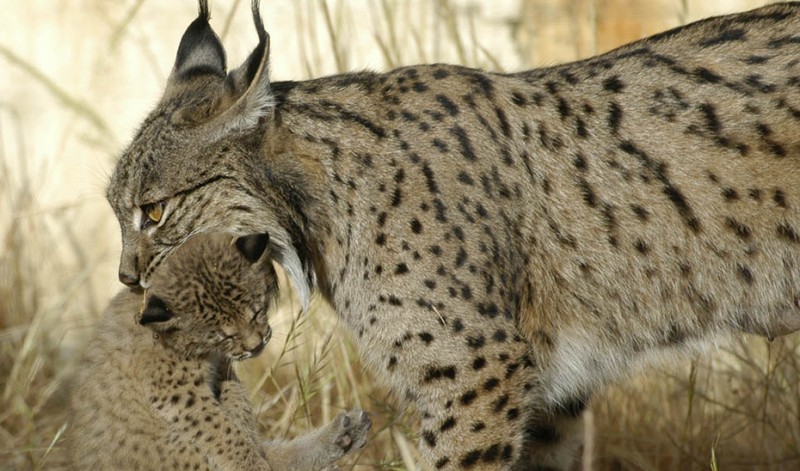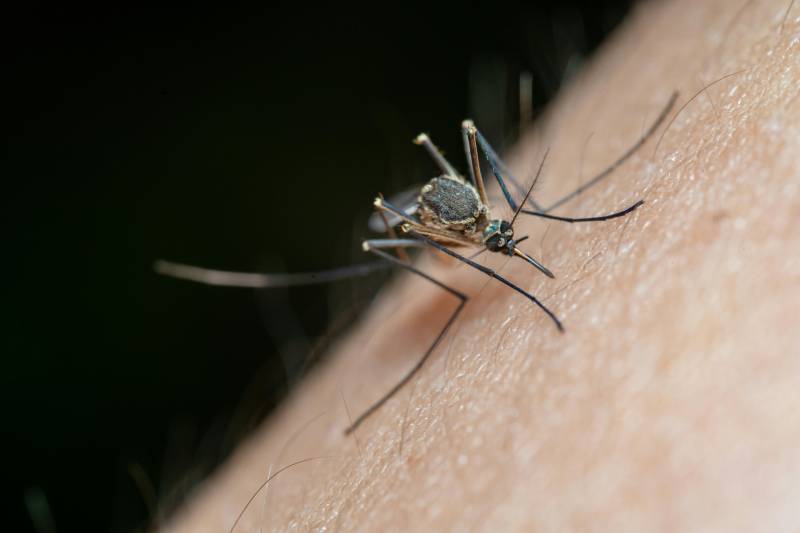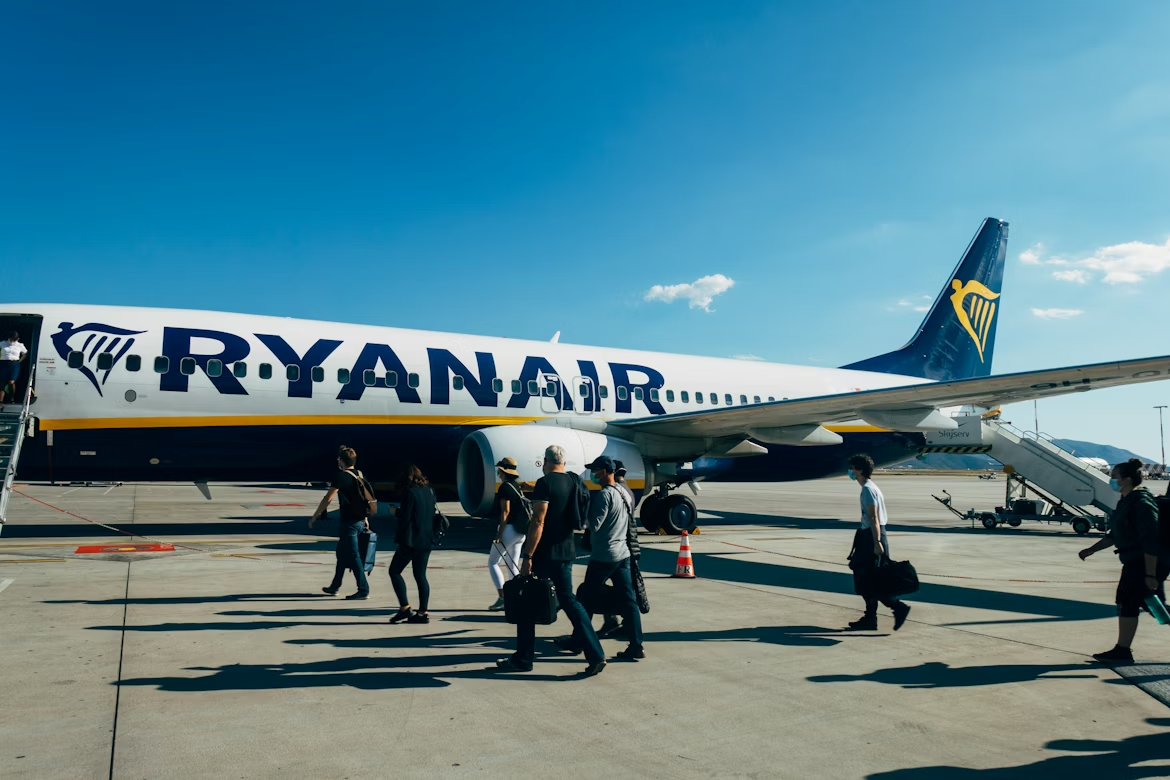

- EDITIONS:
 Spanish News Today
Spanish News Today
 Murcia Today
Murcia Today
 Alicante Today
Alicante Today
ARCHIVED - Two Iberian lynx bred in captivity released into Jaén natural park
A total of 122 Iberian lynx have now been released in various areas of Andalusia, 90 of them from captive breeding centres and the other 32 relocated from other areas.
Two Iberian lynx, both bred in captivity, have been released in Guarromán (Jaén); Rolha, daughter of Fresa and Drago, and Riscado, son of Juncia and Fresco, are both 1 year old and come from the captive breeding centre in Silves (Portugal) as part of the Life Lynx Connect programme which aims to re-establish breeding pairs in the wild and consolidate the presence of the native Iberian Lynx in Spain.
The Life Lynx Connect programme was launched on 1 September 2020 by the Andalusian government, together with another 20 partners; the new recovery programme with a budget of more than 18 million euros aiming to consolidate the re-introduction of the species and build upon the work undertaken in the original Life Iberlince project.
The project is a complex, transnational one in which the environmental authorities from 2 countries (Spain and Portugal) and 4 Spanish regions (Andalusia, Castilla La Mancha, Extremadura, and Murcia) are taking part together with public and private companies and NGOs from the environmental sector and a foundation within the hunting sector. Its main goal is to achieve a self-sustainable and genetically viable population by consolidating the subpopulations currently in existence: two in Andalusia, two in Castilla La Mancha, one in Extremadura, and one in Portugal. It is implementing various actions based mainly on the genetic management of the species, developing tools to facilitate this management and make it sustainable in the long term.
This release of two young animals is typical of the actions undertaken within the programme, releasing animals born in Portugal into Jaén to support the genetic management of the species and ensure that localised populations remain genetically strong.
'Rolha' y 'Riscado' son dos linces ibéricos procedentes de #Portugal que acabamos de liberar en una finca pública de la provincia de #Jaén. La suelta de estos dos ejemplares fue atípica, inolvidable y, sobre todo, muy sorprendente...
— Carmen Crespo (@CarmenCrespoPP) February 21, 2021
📽️ Mira el video pic.twitter.com/uDuukiDeg0
Andalusian government delegate in Jaén Maribel Lozano, regional director-general for the Natural Environment, Biodiversity and Protected Spaces Ángel Sánchez García, regional delegate for Sustainable Development María José Lara and regional delegate for Agriculture, Livestock and Fisheries Soledad Aranda all went along to see the felines released into their new home.
The Iberian lynx population in Andalusia now comprises more than 460 specimens currently on the census, mainly in the Doñana-Aljarafe and Sierra Morena areas. Altogether 122 Iberian lynx have been released into the wild in Andalusia, 90 of them from captive breeding centres and the other 32 relocated from other areas. Jaén’s Guarrizas area, where 58 of them were released, is the one to have registered the greatest lynx population growth since reintroductions began in 2010.
There are many obstacles in the smooth progress of this project, the number of animals killed in road accidents and by hunters the biggest issues faced in the re-introduction programme. Significant work has been undertaken to create safe “corridors” to enable the lynx to live in areas divided by major road connections and to ensure work within the hunting community doesn´t bring the animals into conflictive competition over the supply of their principal food source; rabbits.
Saving this magnificent native species from oblivion in the wild is a slow fight against the imprint of humanity, but so much resource is dedicated to making this programme a success, that hopes remain high that the lynx can successfully re-establish sufficient numbers to ensure its survival in the future.


















